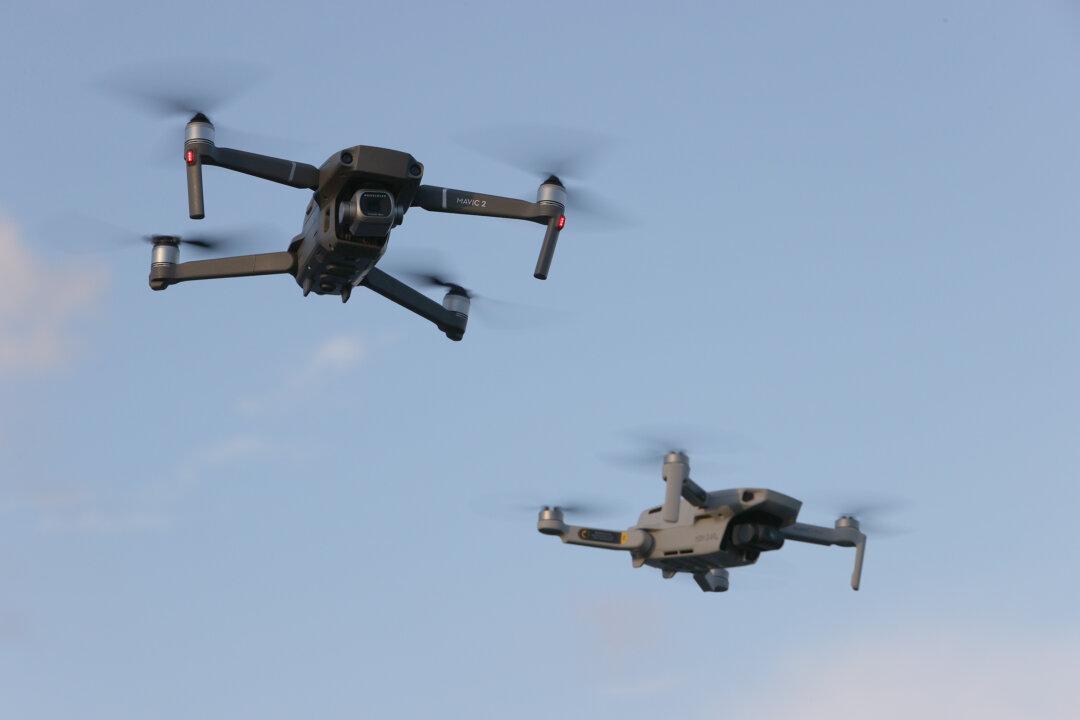A federal appeals court ruled unanimously in favor of the U.S. Federal Aviation Administration (FAA) on Friday, stating that the mandatory remote identification of civilian drones does not violate the Constitution and that “free-for-all” drone usage is a threat to public safety.
The remote ID rules require drones to provide location and identification information during flight, which the FAA likens to a digital license plate.





